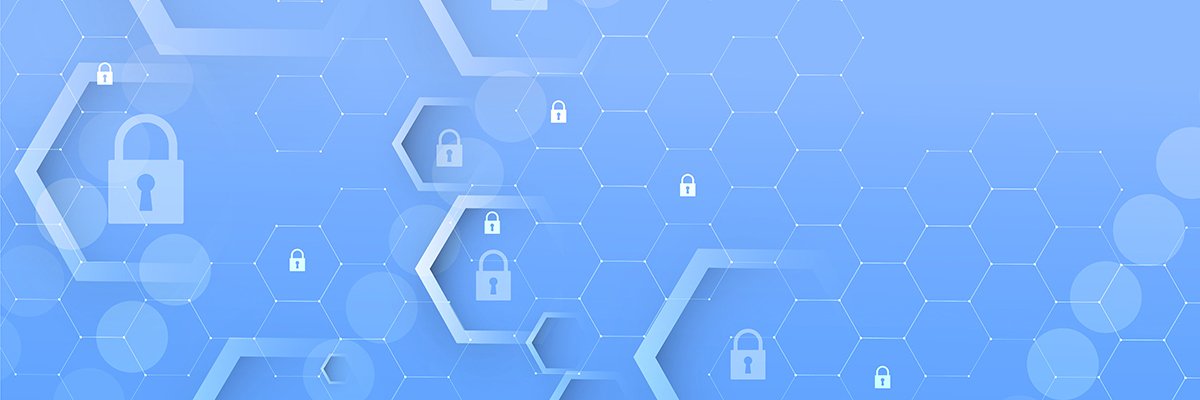ERP security is a critical aspect that organizations need to pay close attention to in order to protect their valuable data from hackers and malicious insiders. The ERP system, which houses a company’s intellectual property, as well as employee and customer personally identifiable information, is a prime target for cyber attacks. As supply chain attacks become more prevalent, IT and security teams must prioritize ERP security to ensure ongoing resilience.
Understanding ERP security involves identifying weak points within the ERP environment and implementing proper safeguards to minimize risks. Whether an ERP system is on-premises or in the cloud, threats and vulnerabilities are constantly present. IT and security teams must allocate the necessary resources to oversee all components of the ERP system, which consist of user accounts, network hosts, web components, databases, thick clients, and mobile apps.
Common security issues faced by ERP systems include missing software patches at various levels, system authentication flaws, SQL injections, poor user session management, backup weaknesses, and limited network visibility. These vulnerabilities affect organizations of all sizes and industries, making it crucial for IT and security professionals to address them promptly.
Unfortunately, ERP security is often overlooked, with internal or external audit teams primarily responsible for governance. This lack of technical vulnerability and penetration testing can lead to security incidents that IT controls aim to prevent. Additionally, ERP systems are frequently excluded from an organization’s incident response and business continuity plans, highlighting the need for top leaders to prioritize ERP security as a mission-critical function.
Testing ERP security is vital for maintaining a secure environment. IT and security teams must regularly scrutinize ERP systems for vulnerabilities using a variety of security technologies and testing methods. This includes conducting vulnerability scans, penetration testing, database vulnerability scans, and cloud security posture management tools to ensure comprehensive security coverage.
Consistent oversight and common sense are key ERP security best practices that organizations must adhere to in order to prevent preventable weaknesses that could compromise sensitive data. By implementing robust security measures, regularly testing ERP systems, and involving cross-functional teams in decision-making processes, organizations can strengthen their cybersecurity posture and protect their valuable assets from potential threats.


